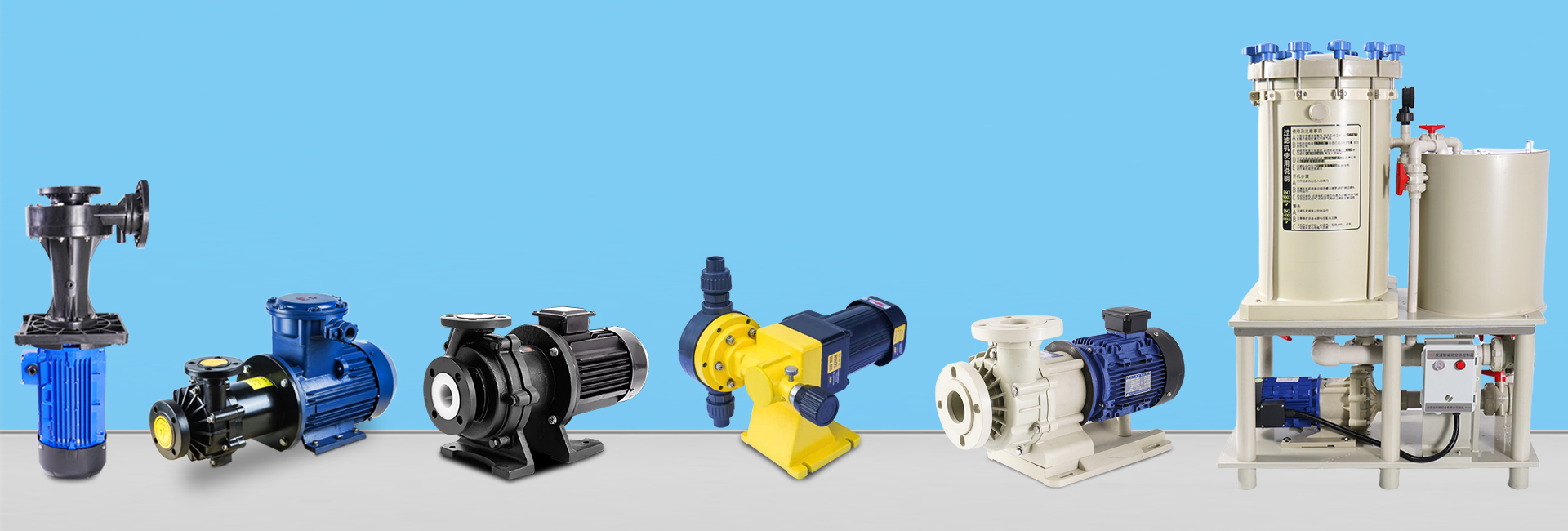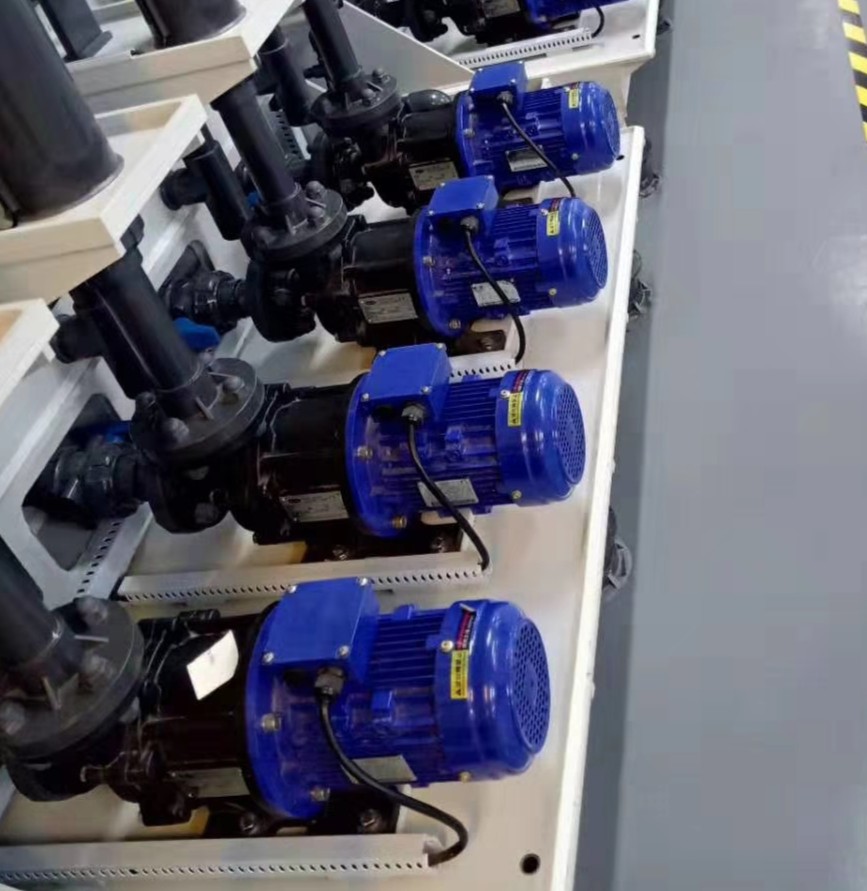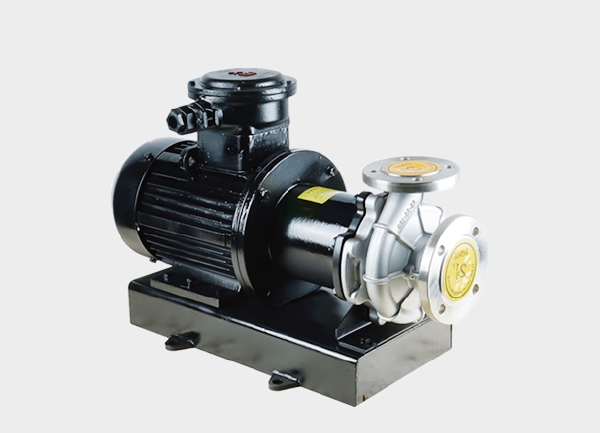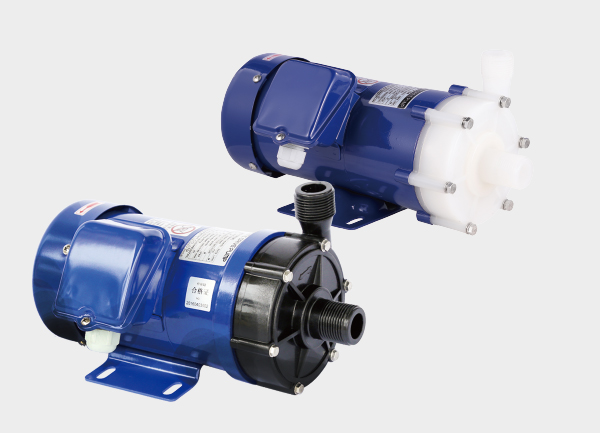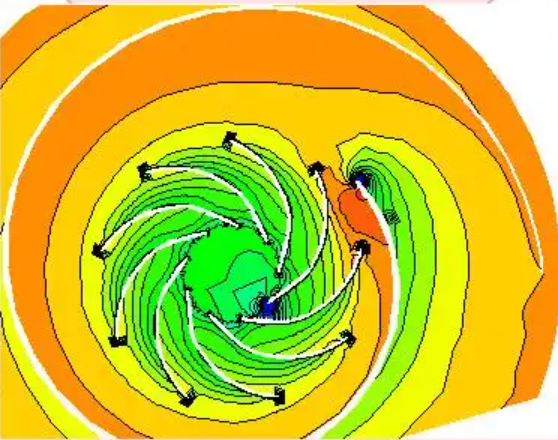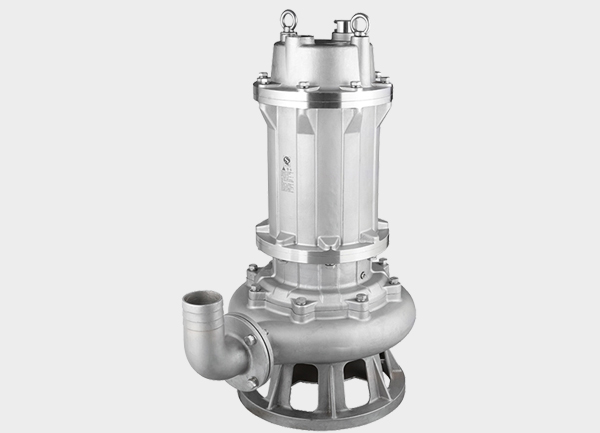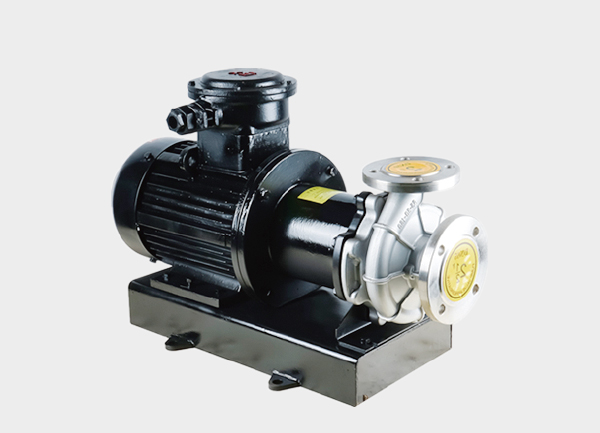Magnetic drive pumps (magnetic pumps) play a crucial role in the PCB (Printed Circuit Board) industry, especially for chemical fluid handling, precise flow control, and corrosion resistance. Here’s a detailed overview of their application:
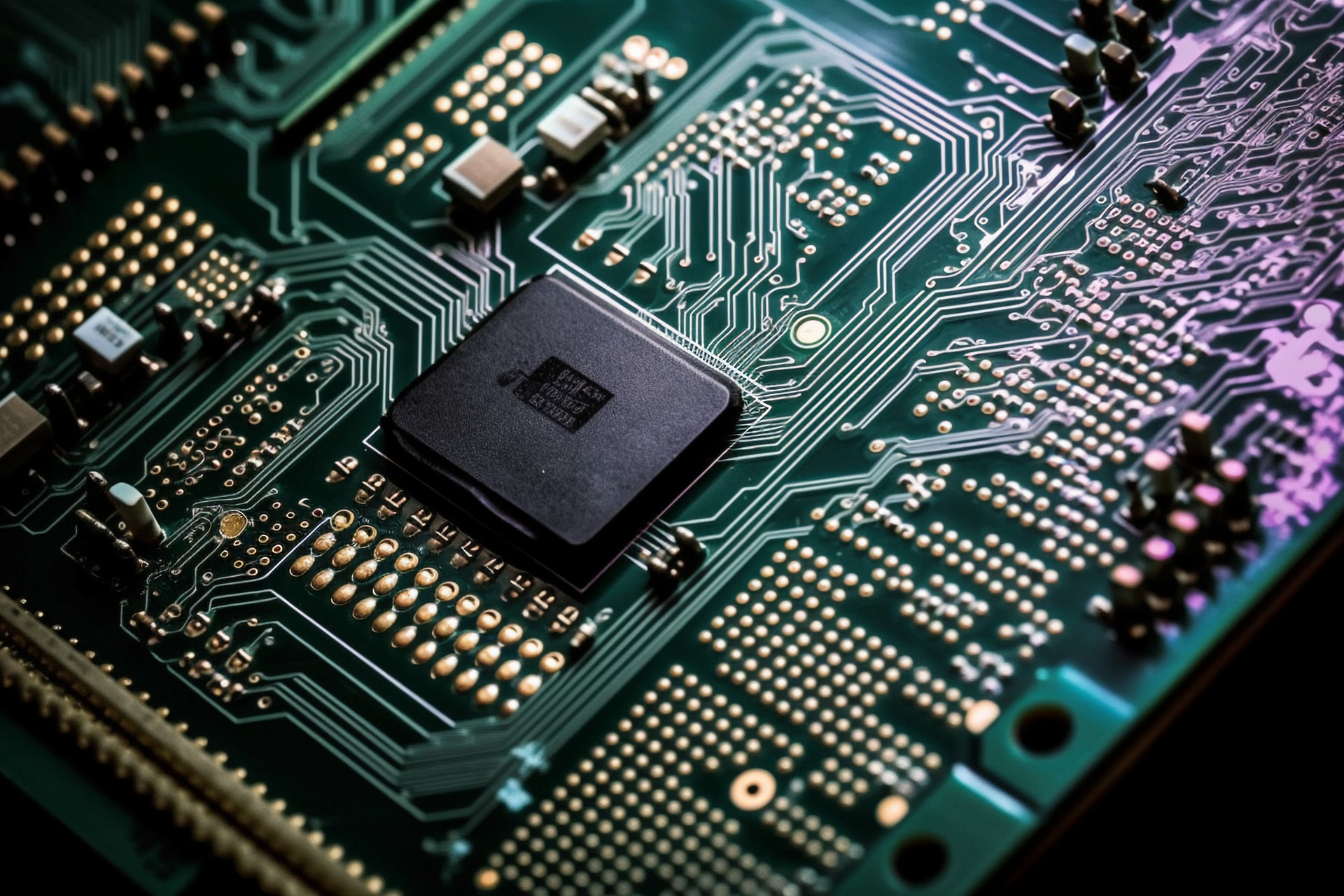
1. Common Process Fluids in PCB Manufacturing and Challenges
In PCB production, the main process fluids include:
Etching solutions (acidic or alkaline chemicals for copper removal)
Plating solutions (for copper, nickel, gold, or other metal coatings)
Cleaning solutions (for removing chemical residues)
Developer and photoresist solutions (used in photolithography)
These fluids often have characteristics such as:
High corrosiveness (strong acids, bases, or heavy metal content)
Precise flow requirements (to ensure uniform etching or plating)
Leak risks (which can cause environmental pollution and safety hazards)
Traditional mechanical pumps often face issues like seal leakage, frequent maintenance, and chemical corrosion when handling these fluids.
2. Core Advantages of Magnetic Drive Pumps
Magnetic drive pumps use seal-less, fully enclosed magnetic coupling transmission, offering the following advantages in PCB manufacturing:
Leak-Free Design
Magnetic coupling replaces mechanical seals, completely preventing fluid leakage.
Enhances operator safety and protects the working environment.
High Corrosion Resistance
Pump materials such as PVDF, PFA, or 316L stainless steel can handle strong acids, alkalis, and salts.
Extends pump lifespan and reduces maintenance costs.
Stable Flow and Pressure
Magnetic pumps provide precise flow and pressure control, ensuring uniform etching and plating.
Essential for fine-line PCB production.
Low Maintenance Costs
No mechanical seals means fewer replacement parts and less downtime.
Simple maintenance helps maintain continuous production.
3. Application Scenarios in PCB Manufacturing
Etching Solution Circulation
Circulates acid or alkaline solutions in etching tanks for uniform etching.
Prevents leaks that could damage equipment or harm operators.
Plating Solution Circulation
Precisely controls flow and pressure to ensure uniform plating thickness.
Reduces air inclusion and improves plating quality.
Chemical Cleaning Solution Handling
Circulates deionized water or cleaning chemicals in pre-treatment or post-treatment processes.
Enhances cleaning efficiency and simplifies wastewater treatment.
Photolithography Processes (Developer and Photoresist Handling)
Delivers developer solutions to ensure uniform development of photoresist patterns.
Reduces defects in fine PCB lines.
4. Selection Considerations for PCB Applications
When selecting a magnetic drive pump for PCB manufacturing, consider:
Corrosion-resistant materials: Choose PVDF, PFA, or stainless steel based on chemical properties.
Flow rate and head: Match pump performance to tank size and process requirements.
Temperature resistance: Ensure pump can handle the operating temperature of the fluid.
Wear resistance: For fluids containing particles or suspended solids, use wear-resistant pump types.

